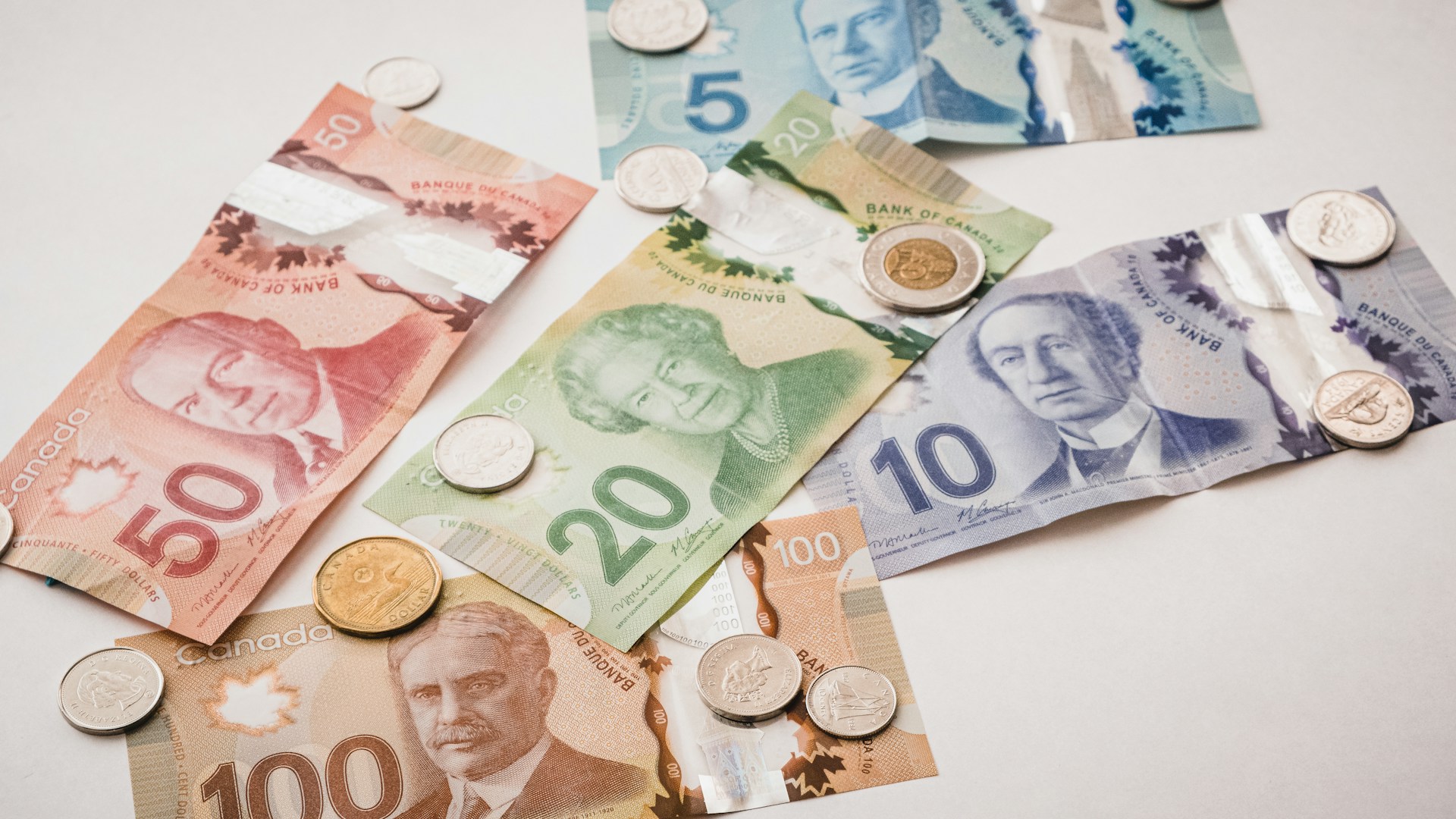

Question: What Fees are on Top of Mortgage?
Answer: Along with your mortgage payments, there are several fees and costs you may encounter, including closing costs, property taxes, homeowners insurance, mortgage insurance (if applicable), maintenance fees (for condos), utilities, and possibly homeowners association (HOA) fees.
What Fees are on Top of Mortgage? Beyond the Down Payment: Understanding Closing Costs on Your Mortgage
Securing a mortgage is a significant step towards achieving homeownership. However, the down payment isn’t the only financial hurdle. Closing costs, a collection of fees associated with finalizing the property purchase, add to the overall expense. Understanding these costs empowers you to budget effectively and avoid surprises during the home buying process.
Demystifying Closing Costs: A Breakdown of the Expenses
Closing costs encompass various fees paid to different parties involved in the transaction. Here’s a breakdown of some common closing costs:
-
Legal Fees:
A lawyer or notary public will review the purchase agreement, conduct title searches, and ensure a smooth transfer of ownership. Their fees can vary depending on the complexity of the transaction. -
Appraisal Fees:
A licensed appraiser assesses the property’s value to ensure the loan amount aligns with the market value. This protects both the lender and the borrower. -
Land Transfer Tax:
This government tax is levied on the purchase price of the property. The exact rate can vary depending on the location and the purchase price. -
Property Taxes:
Property taxes are typically paid in advance for a specific period. During closing, you may be required to pay a portion of the property taxes depending on the closing date. -
Home Insurance:
Most lenders require proof of homeowner’s insurance before finalizing the mortgage. The initial premium for the insurance policy may be included in the closing costs.
It’s important to note that this is not an exhaustive list, and additional closing costs may apply depending on the specific transaction.
Click here for more information on how to get an Mono, Ontario property assessment
Related Article: Do You Save Money by Paying a Off Mortgage Early?
Related Article: How Big of a Mortgage Can I Afford in Canada?
Understanding the Split: Who Pays What?
The division of closing costs between the buyer and seller is typically negotiated in the purchase agreement. Here’s a general idea of how some costs are typically divided:
-
Buyer:
The buyer is usually responsible for most closing costs, including legal fees, appraisal fees, land transfer tax, property tax adjustments, and homeowner’s insurance premium. -
Seller:
The seller may cover some costs, such as realtor fees or adjustments for prepaid utilities. This is negotiable and depends on the specific agreement.
It’s important to carefully review the purchase agreement to understand the specific cost division between you and the seller.
Reducing Closing Costs: Strategies for Savvy Buyers
While closing costs are a necessary part of the home buying process, there are strategies to potentially reduce them:
-
Negotiate with the Seller:
Certain closing costs, such as realtor fees or adjustments for prepaid utilities, can be negotiated with the seller during the offer stage. -
Shop Around for Services:
Compare quotes from different lawyers, appraisers, and insurance companies to potentially secure better rates for these services. -
Consider a High Down Payment:
A larger down payment reduces the loan amount and can lead to lower mortgage default insurance premiums, which can be a significant closing cost for some borrowers.
Proactive planning and informed negotiation can help you minimize the impact of closing costs on your overall home buying budget.
Financing Closing Costs: Spreading the Burden
The upfront cost of closing fees can be substantial. Here are some ways to manage the financial burden:
-
Include Closing Costs in Your Budget:
Factor in estimated closing costs when budgeting for your home purchase. This ensures you have sufficient funds available to cover these expenses. -
Talk to Your Lender:
Some lenders offer mortgage options that allow you to finance a portion of the closing costs into the mortgage itself. This can spread the cost over the life of the loan, but it’s important to understand the impact on your interest payments. -
Consider Gifts:
With clear communication and established expectations, family members may be willing to help with closing costs as a gift.
By planning and exploring different options, you can manage the financial impact of closing costs and move towards homeownership with confidence.
The Road Ahead: Informed Decisions for a Smooth Transaction
Understanding closing costs empowers you to make informed decisions throughout the home buying process. Here are some key takeaways:
-
Closing costs are additional expenses on top of the down payment and mortgage.
-
Common closing costs include legal fees, appraisal fees, land transfer taxes, property taxes, and homeowner’s insurance.
-
The division of closing costs is typically negotiated between the buyer and seller.
-
Strategies like negotiation, comparison shopping, and a larger down payment can help reduce closing costs.
-
Financing options and potential gifts from family members can ease the upfront financial burden.
Please visit the home page for more information about Jennifer Jewell and how she can help you
Conclusion
By approaching the home buying process with knowledge and preparation, you can navigate closing costs effectively and make a smooth transition towards your dream home.


